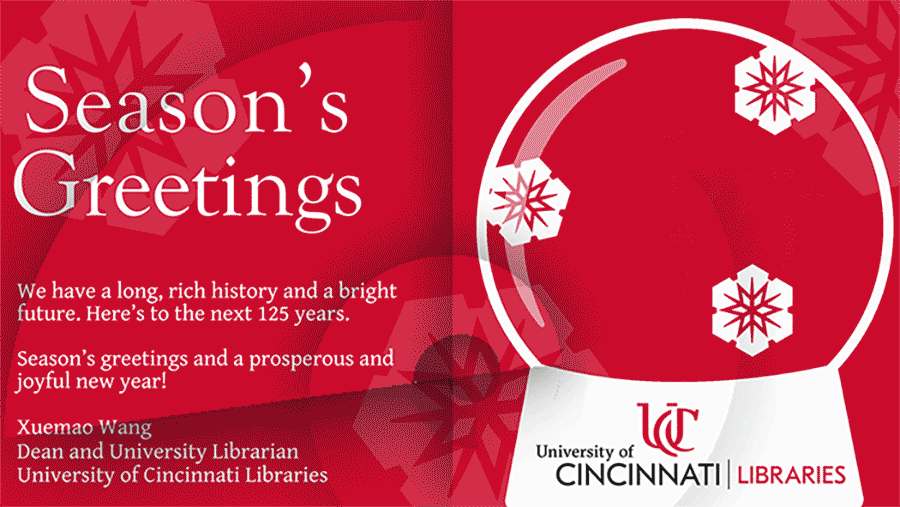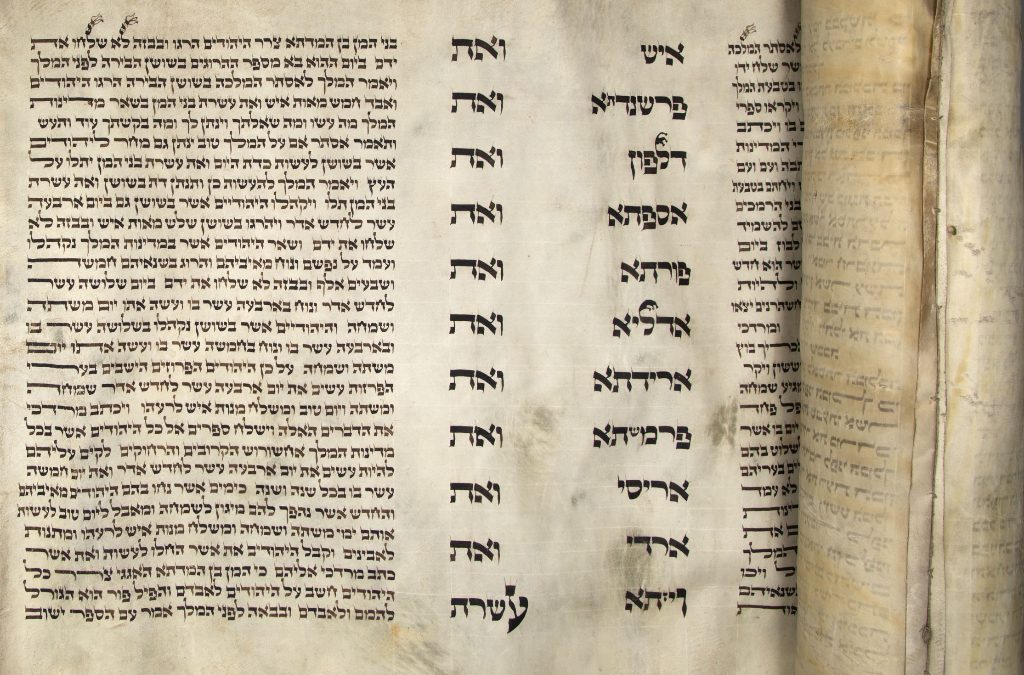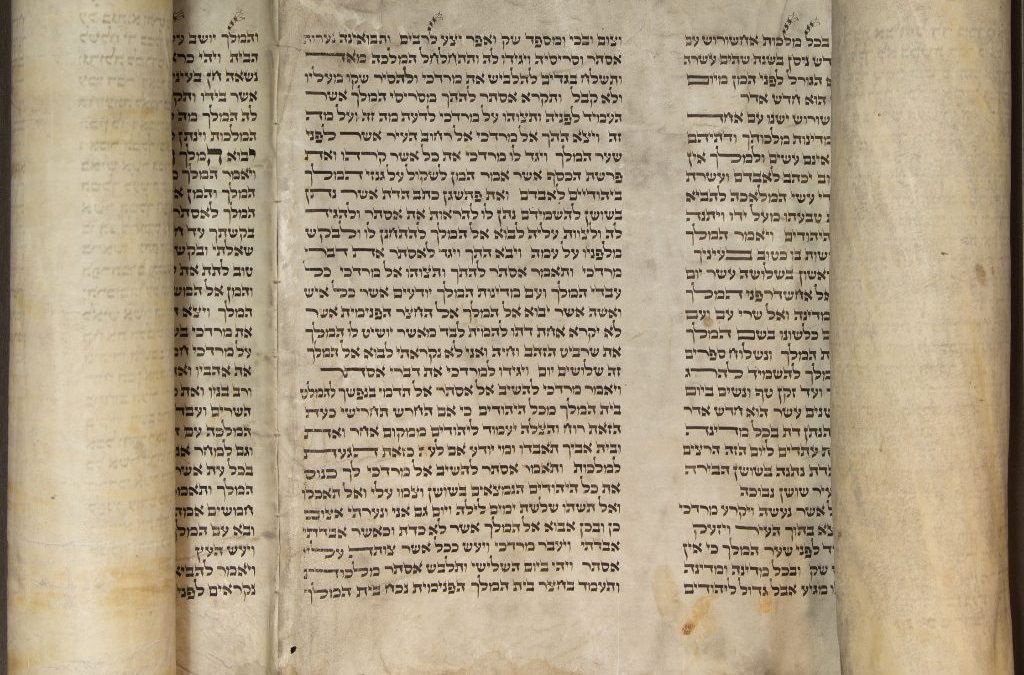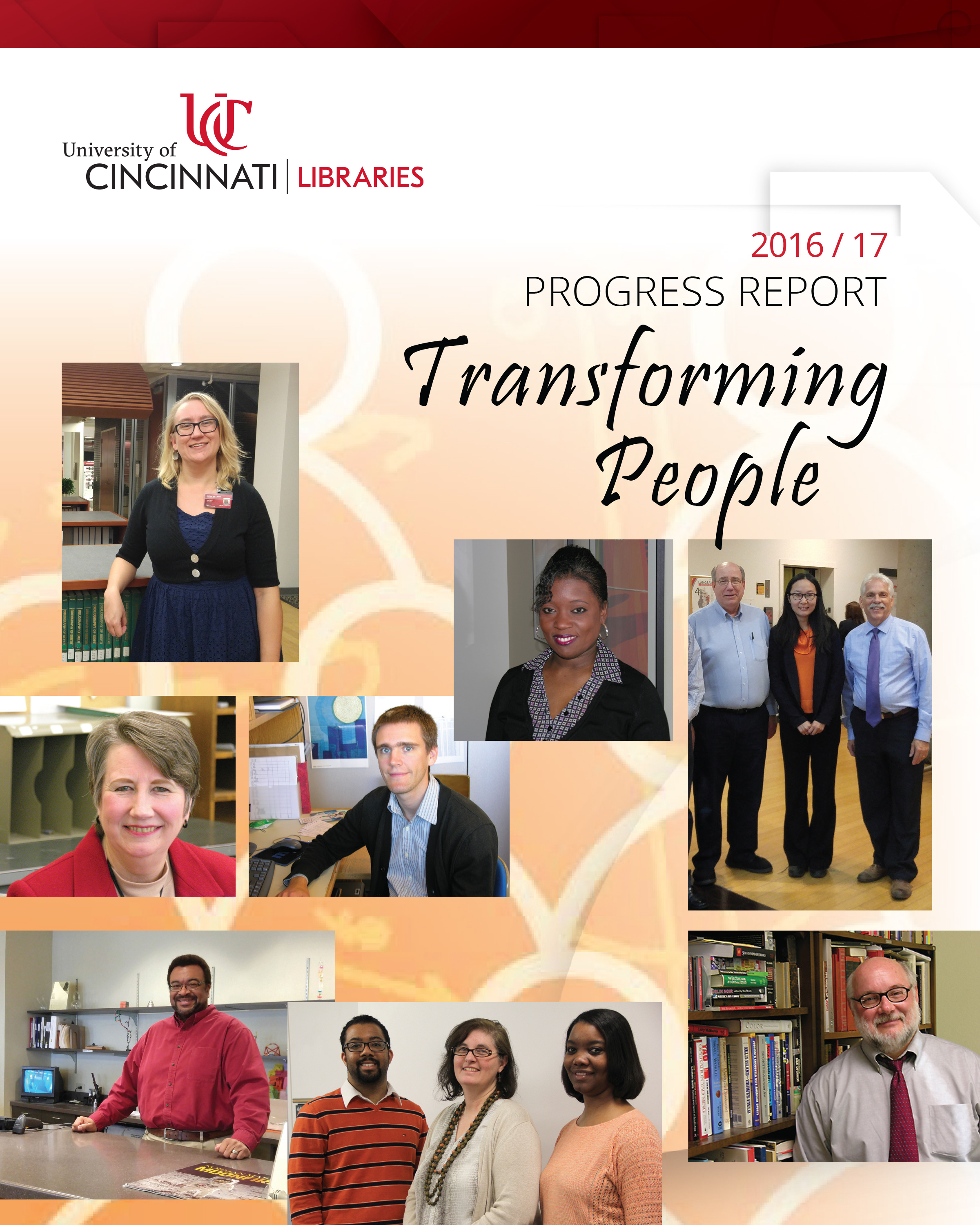By: Alex Temple, Gettler Project Archivist
 Hi, my name is Alex Temple, and I’m the Project Archivist who will be letting the life and work of Benjamin Gettler out of the box, so to speak. While I am unpacking and learning, I will be using this blog to share with you some of the interesting footprints* left behind by Mr. Gettler throughout his accomplished life of service and business achievement. To round it out, I will also be sharing with you my process and experiences with the project.
Hi, my name is Alex Temple, and I’m the Project Archivist who will be letting the life and work of Benjamin Gettler out of the box, so to speak. While I am unpacking and learning, I will be using this blog to share with you some of the interesting footprints* left behind by Mr. Gettler throughout his accomplished life of service and business achievement. To round it out, I will also be sharing with you my process and experiences with the project.
These “footprints” are currently stored in six boxes. It is my job to sort through these boxes and arrange their contents in a way that best represents the life of Ben Gettler, and to describe the contents and arrangement to make his life easy for you to access and discover for yourself. There will be detailed finding aid created, along with a web exhibit and select digitization of important documents.
 To put another way, Mr. Gettler wore many shoes in his life while leaving these footprints, and I’ll be determining their style and occasion. I will also be rehousing the collection to ensure that these records of his life will be preserved for long-term care, so with some luck we just might meet a cobbler on the way!
To put another way, Mr. Gettler wore many shoes in his life while leaving these footprints, and I’ll be determining their style and occasion. I will also be rehousing the collection to ensure that these records of his life will be preserved for long-term care, so with some luck we just might meet a cobbler on the way!
In his life, Benjamin Gettler worked as a lawyer, served on the University of Cincinnati’s Board of Trustees, and was deeply involved in Cincinnati public transportation, the Jewish community, and local, state, national, and international politics and philanthropies. What are the contributions of Ben Gettler that you are interested in? Throughout this project, your thoughts are always welcome and encouraged!
To learn more about the holdings of the Archives & Rare Books Library and its ongoing projects, visit us on the 8th floor of Blegen Library, call us at 513.556.1959, email us at archives@ucmail.uc.edu, visit our web page at http://libraries.uc.edu/arb.html, or follow us on Facebook at https://www.facebook.com/ArchivesRareBooksLibraryUniversityOfCincinnati.
*Visible Footprints is the autobiography of Benjamin Gettler, co-written with Michael G. Rapp and published in 2012.
 One of the most in-the-news phrases of this past year has been “fake news.” Every political point of view has employed it to the point where the first reactions among readers and listeners to current events has a question in mind, “Is this real information?” And in times of political or social stress, there is a mounting trepidation over who controls information, or, who preserves it. Librarians are often in the forefront of acquiring information, protecting it from those who would alter or destroy it, and preserving it for now and for the future. The sources of information, of knowledge, continue to grow exponentially and in our rapidly changing technological world, much of it disappears. As websites continue to grow – and to disappear through political exigencies – the expertise of librarians and archivists are called upon, a recent example of which is illustrated in a science article on web discovery and preservation: https://apps.sciencefriday.com/data/librarians.html. Continue reading
One of the most in-the-news phrases of this past year has been “fake news.” Every political point of view has employed it to the point where the first reactions among readers and listeners to current events has a question in mind, “Is this real information?” And in times of political or social stress, there is a mounting trepidation over who controls information, or, who preserves it. Librarians are often in the forefront of acquiring information, protecting it from those who would alter or destroy it, and preserving it for now and for the future. The sources of information, of knowledge, continue to grow exponentially and in our rapidly changing technological world, much of it disappears. As websites continue to grow – and to disappear through political exigencies – the expertise of librarians and archivists are called upon, a recent example of which is illustrated in a science article on web discovery and preservation: https://apps.sciencefriday.com/data/librarians.html. Continue reading 






 Read the University of Cincinnati Libraries
Read the University of Cincinnati Libraries 